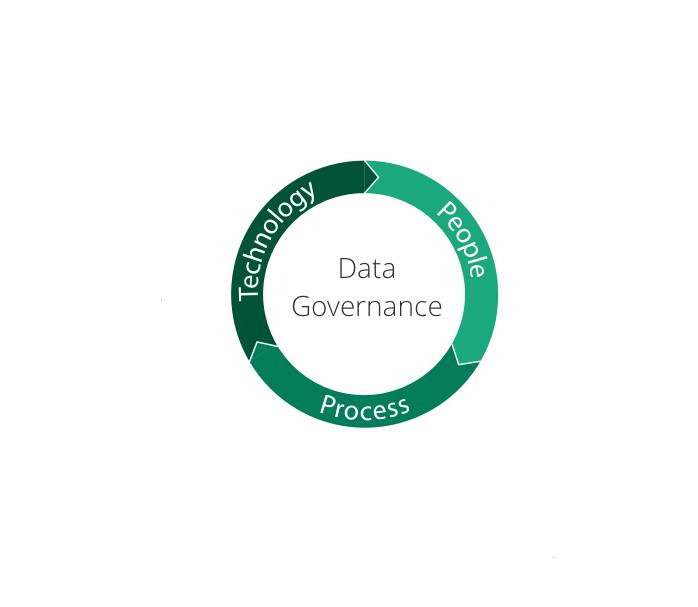In today’s data-driven business landscape, managing data assets has become a critical function for organizations. As businesses rely increasingly on data to make decisions, the role of the enterprise data steward has become more important than ever. In this post, we’ll explore the role of an enterprise data steward, their responsibilities, and the skills required for success in this field.
What is an Enterprise Data Steward?
An enterprise data steward is a person responsible for managing an organization’s data assets. The enterprise data steward is responsible for ensuring that data is accurate, complete, and consistent, and that it is used appropriately within the organization. They work to develop and implement data governance policies and procedures, oversee data quality, and ensure compliance with data protection laws and regulations.
Responsibilities of an Enterprise Data Steward
- Developing and implementing data governance policies and procedures: The enterprise data steward is responsible for creating policies and procedures to ensure that data is managed effectively across the organization. This includes developing guidelines for data usage, data quality, and data security.
- Overseeing data quality: The enterprise data steward is responsible for ensuring that data is accurate, complete, and consistent. They work to identify and resolve data quality issues and develop strategies to improve data quality across the organization.
- Ensuring compliance with data protection laws and regulations: The enterprise data steward is responsible for ensuring that the organization is in compliance with data protection laws and regulations. This includes developing and implementing data protection policies and procedures, and monitoring compliance with these policies and procedures.
- Developing and implementing data management strategies: The enterprise data steward is responsible for developing and implementing data management strategies that support the organization’s goals and objectives. This includes working with business units to identify their data needs and developing strategies to meet those needs.
Skills Required for Enterprise Data Stewardship
- Data Management: A strong understanding of data management principles is essential for enterprise data stewardship. This includes knowledge of data storage, data warehousing, data modeling, and data integration.
- Regulatory Compliance: Knowledge of data protection laws and regulations such as GDPR, CCPA, and HIPAA is important for enterprise data stewardship.
- Data Analysis: Enterprise data stewards must be proficient in data analysis to identify data quality issues and develop strategies to improve data quality.
- Communication: Enterprise data stewards must be able to communicate effectively with stakeholders at all levels of the organization.
- Project Management: Enterprise data stewards must have strong project management skills to implement data governance policies and procedures.
Conclusion
Enterprise data stewardship plays a crucial role in managing and protecting an organization’s data assets. The enterprise data steward is responsible for developing and implementing data governance policies and procedures, overseeing data quality, and ensuring compliance with data protection laws and regulations. The skills required for enterprise data stewardship include data management, regulatory compliance, data analysis, communication, and project management. If you’re interested in pursuing a career in enterprise data stewardship, there are many opportunities available across various industries.

